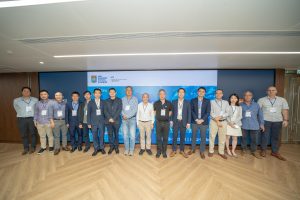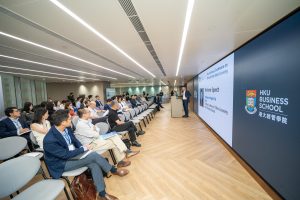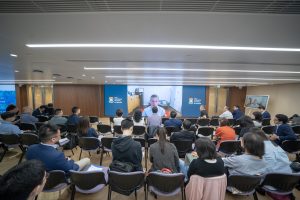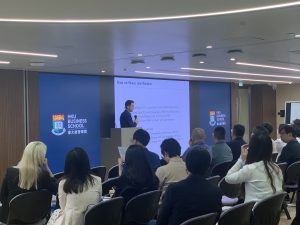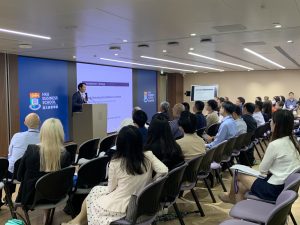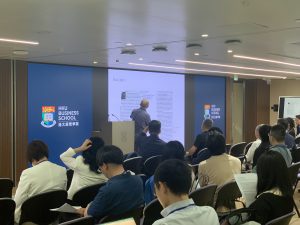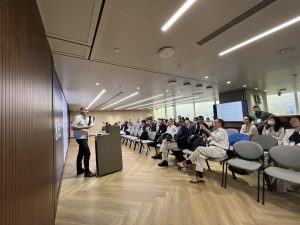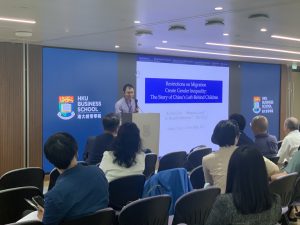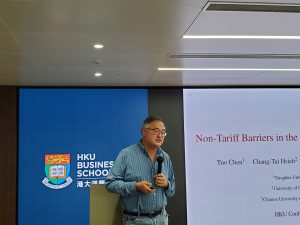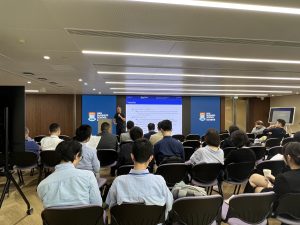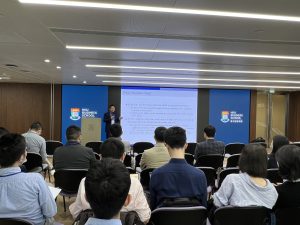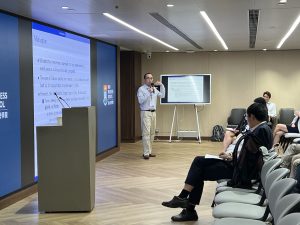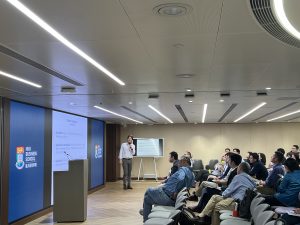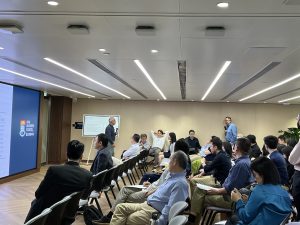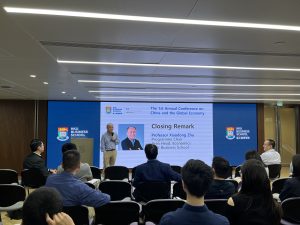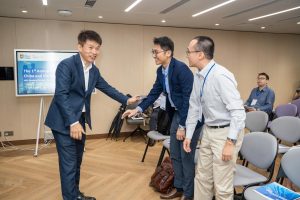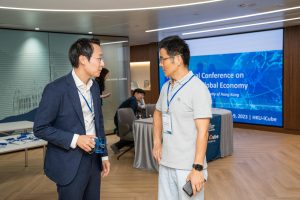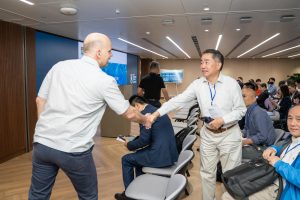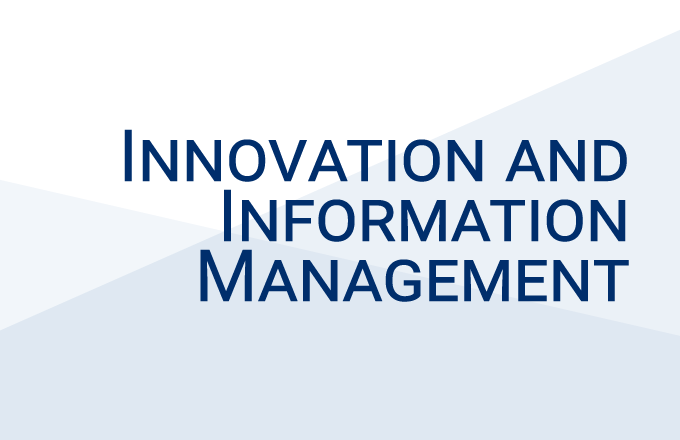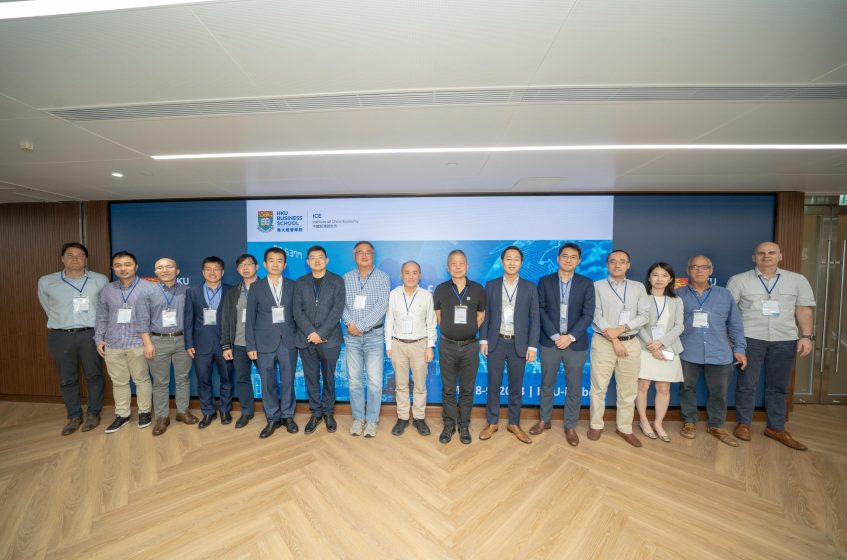
1st Annual Conference on China and the Global Economy
The Inaugural Annual Conference on China and the Global Economy was successfully held on May 8 and 9, 2023, at the brand new HKU event venue at the heart of the city, HKU-iCube. The Conference was sponsored by the HKU Business School’s Institute of China Economy. The objective of the conference is to create a forum to discuss new economic research on China and its relationship with the global economy.
After Professor Hongbin Cai, Dean of the HKU Business School, made a warm welcome to the guests joining from overseas and the region, and highlighting the significance of the main themes being discussed in the two-day conference, the distinguished scholar in environmental and energy economics from the University of Chicago, Director of the Energy Policy Institute at Chicago, Professor Michael Greenstone, set the scene of Day 1’s discussion under the umbrella of applied micro-economics by sharing his latest research in Environmental Economics. The audience have shown great interest in Professor Greenstone’s research and had an excited discussion throughout the one-hour keynote speech.
Following Professor Greenstone’s keynote presentation, the invited paper presenters, Dr Yu-Hsiang Lei (Yale-NUS College), Dr Aaron Yoon (Northwestern University), Dr Ying Bai (The Chinese University of Hong Kong), Professor Wolfgang Keller (University of Colorado Boulder), Dr Ran Song (National University of Singapore) , and Mr Wenwei Peng (Hong Kong University of Science and Technology) took the stage on Day 1 to share the research insights on Environment, History and Political Economy, and Development.
Day 1 Programme at a Glance
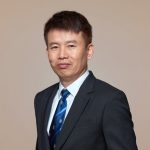 Welcome Speech by Professor Hongbin Cai, Dean of HKU Business School Welcome Speech by Professor Hongbin Cai, Dean of HKU Business School |
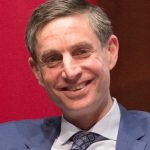 Keynote Speech by Professor Michael Greenstone, University of Chicago Keynote Speech by Professor Michael Greenstone, University of Chicago“Can Pollution Markets Work in Developing Countries? Experimental Evidence from India” |
| Session 1: Environment |
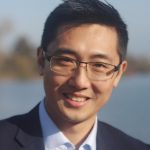 Yu-Hsiang Lei, Yale-NUS College Yu-Hsiang Lei, Yale-NUS College“Dams, International Rivers and Climate Change: The Impacts of Chinese Dams on the Mekong River” |
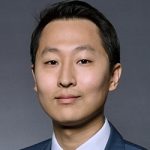 Aaron Yoon, Northwestern University Aaron Yoon, Northwestern University“Green financing and politicians’ incentives: Evidence from proprietary loan assessment data” |
| Session 2: History and Political Economy |
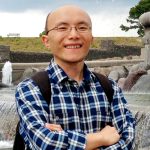 Ying Bai, Chinese University of Hong Kong Ying Bai, Chinese University of Hong Kong“Ideas Mobilize People: The Diffusion of Communist Ideology in China” |
 Wolfgang Keller, University of Colorado Boulder Wolfgang Keller, University of Colorado Boulder“Capital Strategies for Big Shocks: The Case of the Fall of the Ming” |
| Session 3: Development |
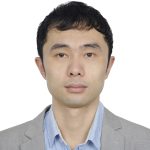 Ran Song, National University of Singapore Ran Song, National University of Singapore“Migration Restrictions Can Create Gender Inequality: The Story of China’s Left-Behind Children” |
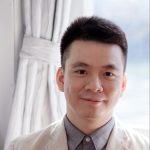 Wenwei Peng, Hong Kong University of Science and Technology Wenwei Peng, Hong Kong University of Science and Technology“Judicial Independence, Local Protectionism, and Economic Integration: Evidence from China” |
Professor Chang-tai Hsieh, the renowned scholar in growth and development from the University of Chicago, embarked Day 2 on macroeconomics and trade with his recent research related to the U.S.-China trade war. After an hour of dynamic knowledge exchange and addressing the pressing questions raised by the audience on the latest trend with Professor Chang, Day 2’s paper presentations continued.
The audience had learned from the latest research insights from the following invited paper presenters, as well as engaged in interactive dialogue with the presenters on the research details in the areas of Investment and Growth, Infrastructure and Policy, and Trade: Professor Hao Zhou (Tsinghua University), Dr Yong Wang (Peking University), Dr Lin Ma (Singapore Management University), Dr Bingjing Li (HKU Business School), Professor Peter Schott (Yale School of Management), Professor Russell Cooper (European University Institute).
Day 2 Programme at a glance
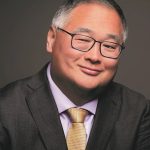 Keynote Speech by Professor Chang-Tai Hsieh, University of Chicago Keynote Speech by Professor Chang-Tai Hsieh, University of Chicago“Non-Tariff Barriers in the U.S.-China Trade War” |
| Session 4: Investment and Growth |
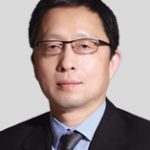 Hao Zhou, PBC School of Finance, Tsinghua University Hao Zhou, PBC School of Finance, Tsinghua University“Bond Financing Channel of Monetary Policy — Evidence from Chinese Policy Bank Lending” |
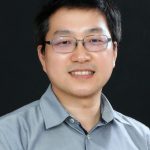 Yong Wang, Peking University Yong Wang, Peking University“Preferential Credit Policy with Sectoral Markup Heterogeneity” |
| Session 5: Infrastructure and Policy |
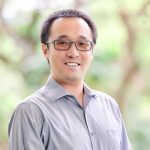 Lin Ma, Singapore Management University Lin Ma, Singapore Management University“The Distributional Impacts of Transportation Networks in China” |
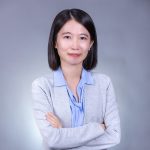 Bingjing Li, HKU Business School Bingjing Li, HKU Business School“Illuminating the Effects of the US-China Tariff War on China’s Economy” |
| Session 6: Trade |
 Peter K. Schott, Yale School of Management Peter K. Schott, Yale School of Management“Trade Liberalization and Labor-Market Outcomes: Evidence from US Matched Employer-Employee Data” |
 Russell Cooper, European University Institute Russell Cooper, European University Institute“Exporting like China: The Determinants of Trade Status” |
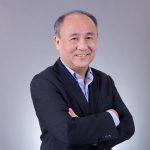 Closing Remarks by Professor Xiaodong Zhu, Professor and Area Head of Economics, HKU Business School Closing Remarks by Professor Xiaodong Zhu, Professor and Area Head of Economics, HKU Business School |






